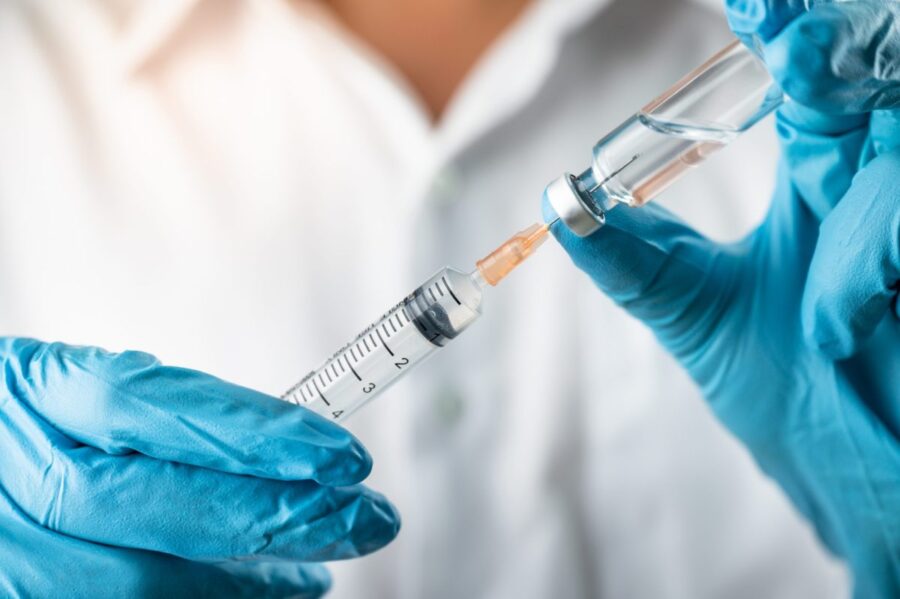Health
Healthy individuals to be infected with COVID-19 for vaccine trials

WHAT YOU NEED TO KNOW:
- Come January, British scientists will start their first COVID-19 human challenge trials in their move to accelerate trial vaccine testing.
- The Washington Post reported that the tests will involve exposing a lab-grown COVID-19 strain into the noses of volunteers who will be confined for 2 to 3 weeks at London’s Royal Free Hospital.
- The researchers say the study seeks to quantify the amount of virus needed to cause an active infection in the upper respiratory system.
British scientists announced on Tuesday their plans to begin the first COVID-19 human challenge trials involving healthy volunteers being purposely infected with the virus, in a bid to hasten the testing of vaccine candidates.
Slated to start in January by Imperial College London scientists, the trials will involve blowing a laboratory-grown strain of COVID-19 into the noses of almost 100 volunteers between ages 18 and 30. These individuals will then be detained at the Royal Free Hospital in London for regular testing over two- to three-weeks, according to The Washington Post.
The study reportedly aims to measure the least amount of virus needed to cause an active infection in the upper respiratory systems of the volunteers.
According to Andrew Catchpole of hVIVO, a commercial drug firm that will direct the human challenge trial research, the study will be reviewed by a specially convened ethics committee and as well as Britain’s Medicines and Healthcare products Regulatory Agency.
While challenge trials in the U.S. have not received widespread acceptance due to ethical reasons, the idea of using challenge trials to accelerate vaccine testing has increasingly gained more support.
In fact, a group of 35 House lawmakers headed by Reps. Bill Foster (D-Ill.) and former Department of Health and Human Services secretary Donna Shalala (D-Fla.), wrote a letter to the FDA in April to express their support.
“Our situation in this pandemic is analogous to war, in which there is a long tradition of volunteers risking their health and lives on dangerous missions for which they understand the risks and are willing to do so in order to help save the lives of others,” they wrote.
In August, health officials at the National Institute of Allergy and Infectious Diseases (NIAID told Reuters that since initial work on clinical trials of various vaccines have already begun, a challenge trial may no longer be needed.
Reuters said that at the time, NIAID was focusing on large-scale field trials to analyze COVID-19 vaccine candidates while at the same time being open to the idea of utilizing challenge trials for future vaccines or treatments.
Challenge trials could speed up the approval of a vaccine for public use unlike traditional clinical trials which usually requires a longer wait time for participants to get naturally infected during the daily course of their lives.
Source: The Hill
